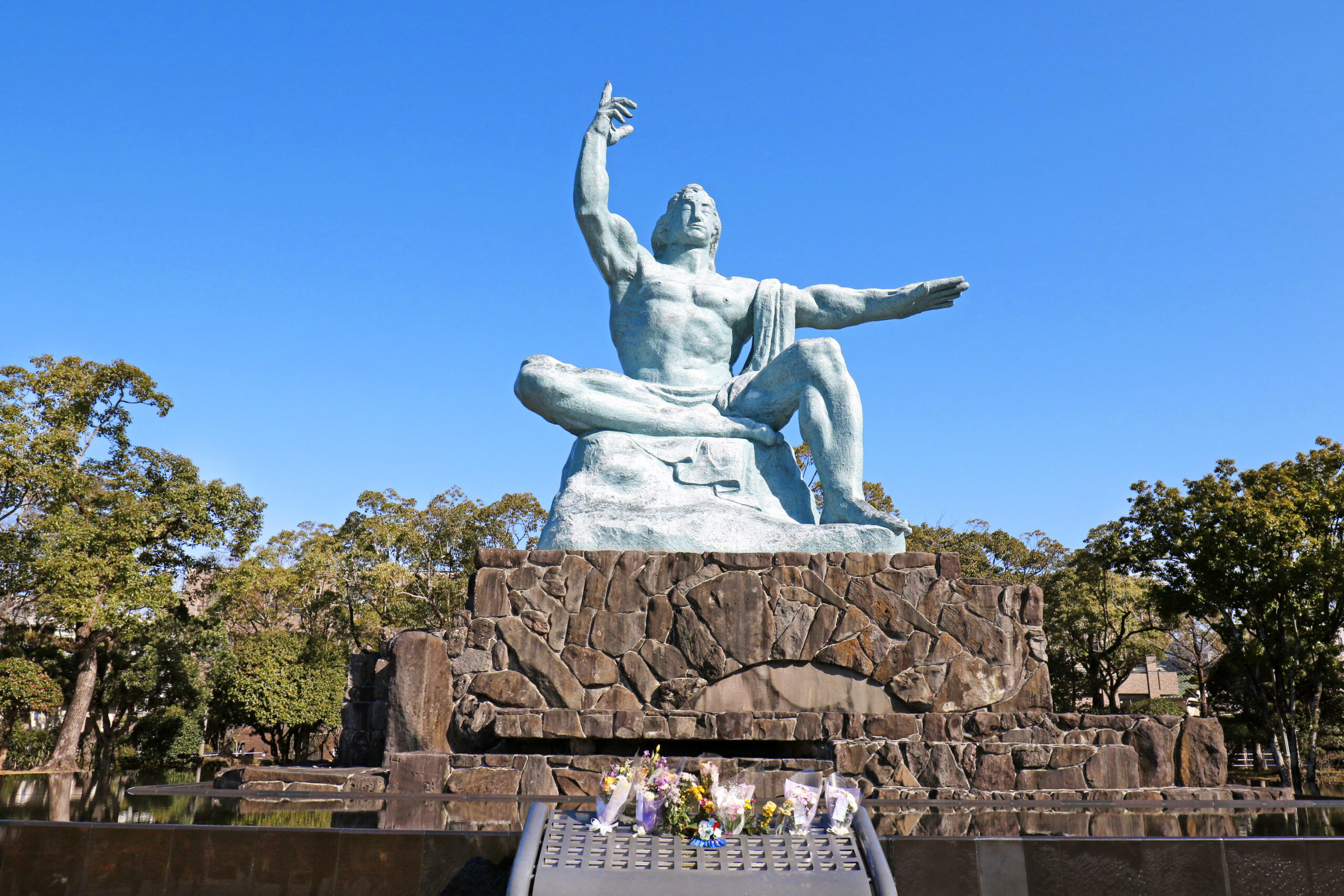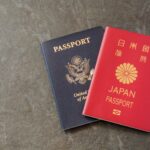Did Japan surrender because of Russia?

Did Japan Surrender because of Russia?
Unraveling the Complex Factors behind Japan’s Decision
Introduction: The end of World War II saw the surrender of Japan, marking a pivotal moment in history. While the role of the United States and the bombings of Hiroshima and Nagasaki are widely known, another key player often overlooked is the Soviet Union. The question arises: Did Japan surrender because of Russia? In this article, we will explore the complex factors that contributed to Japan’s surrender and examine the role played by the Soviet Union.
Historical Context: To understand the events leading to Japan’s surrender, it is crucial to examine the broader context. By mid-1945, Japan was facing dire circumstances. The country had suffered significant losses in the war, and its cities were devastated by relentless bombings. The United States, after successfully capturing key Pacific islands, was closing in on the Japanese mainland. In this situation, the Soviet Union’s entry into the war against Japan in August 1945 had a profound impact.
The Soviet Union’s Role: The Soviet Union’s involvement in the Pacific War was the result of the Yalta Conference held in February 1945. The Allies agreed that the Soviet Union would enter the war against Japan three months after the defeat of Germany. On August 8, 1945, just two days after the Hiroshima bombing, the Soviet Union declared war on Japan and launched an invasion of Manchuria, a Japanese puppet state in northern China.
The Manchurian Offensive: The Soviet invasion of Manchuria was a critical turning point. The Red Army swiftly overwhelmed Japanese forces in the region, inflicting heavy casualties and capturing vast amounts of territory. The Manchurian Offensive shattered Japan’s hopes of using the region as a staging ground for a last-ditch defense of its homeland. The loss of Manchuria further undermined Japan’s already dwindling military capabilities and resources.
Psychological Impact and Diplomatic Pressure: The Soviet invasion had a profound psychological impact on the Japanese government and military. The rapid defeat at the hands of the Soviet Union shattered the illusion of invincibility that had been perpetuated by Japan’s militaristic leadership. This, combined with the devastating atomic bombings by the United States, created an atmosphere of despair and a realization of the futility of further resistance.
The Overwhelming Number of Soviet Soldiers
One of the key factors that caught the Japanese government by surprise was the sheer number of Soviet soldiers involved in the Manchurian Offensive. The Soviet Union amassed a formidable force, estimated to be around 1.5 million troops, for the invasion of Manchuria. This overwhelming numerical superiority posed a significant threat to Japan’s already stretched military resources. The Japanese government had not anticipated such a massive deployment, and the speed and efficiency of the Soviet advance further intensified Japan’s sense of vulnerability.
Violation of the Neutrality Treaty
Another element that took the Japanese government off guard was the violation of the Soviet-Japanese Neutrality Treaty. This treaty, signed in 1941, ensured non-aggression between the two nations. Japan had hoped to maintain a neutral relationship with the Soviet Union, allowing it to focus its military efforts on combating the Allied forces. However, the Soviet Union’s sudden declaration of war and subsequent invasion of Manchuria represented a significant breach of the agreement.
The surprise violation of the Neutrality Treaty added to Japan’s growing concerns and further undermined its ability to devise a comprehensive strategy. The Japanese military found itself confronted not only by the Allied forces but also by a massive Soviet offensive from the north, exacerbating an already dire situation.
In summary, the overwhelming number of Soviet soldiers and the violation of the Neutrality Treaty were critical elements that contributed to Japan’s shock and unease. These factors, combined with the devastating impact of the atomic bombings and the psychological toll of a potential two-front war, ultimately led to Japan’s decision to surrender. While the United States’ atomic bombings are often the focus of discussions surrounding Japan’s surrender, acknowledging the role of the Soviet Union provides a more comprehensive understanding of the complex circumstances that shaped this historic event.












